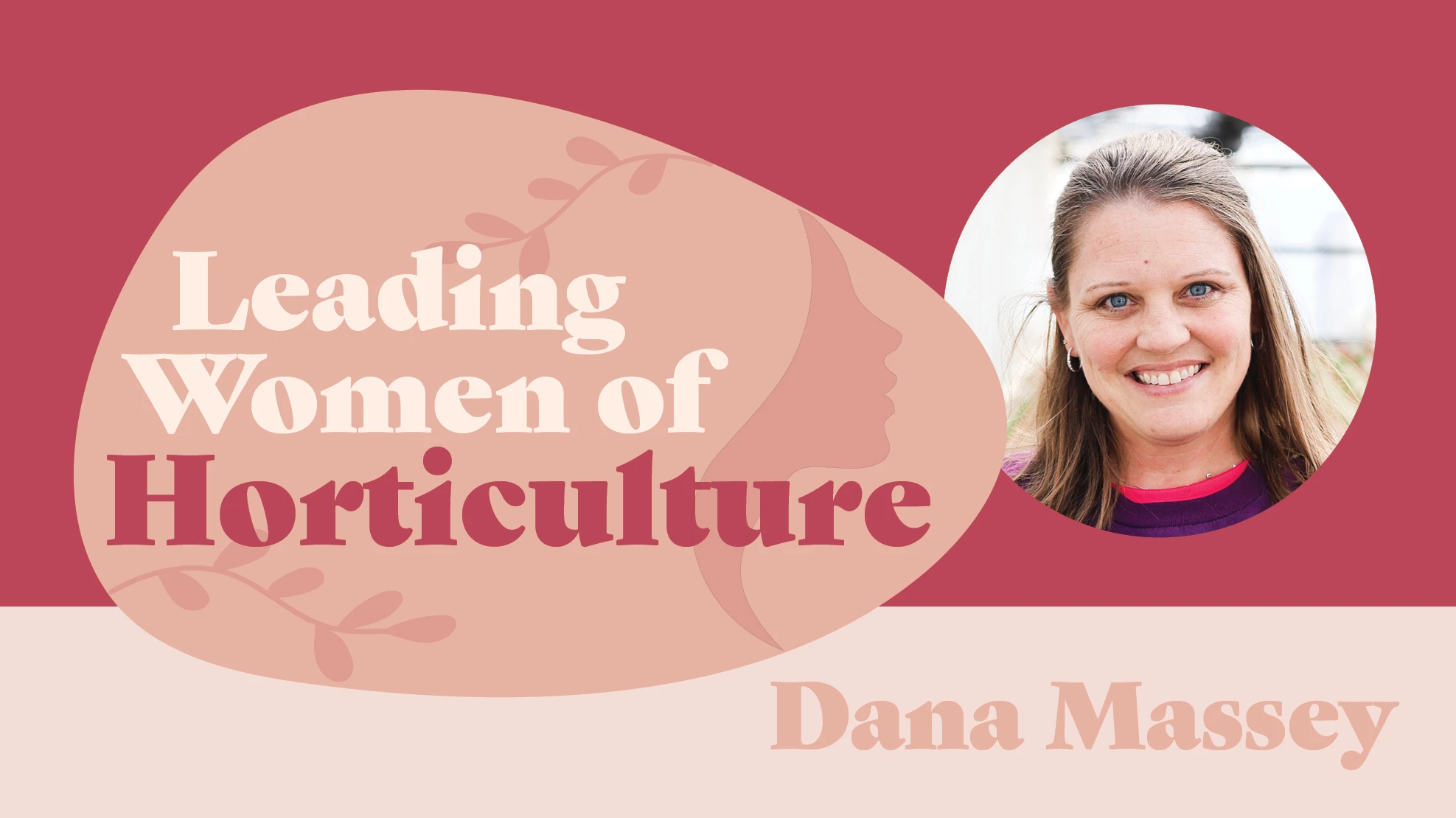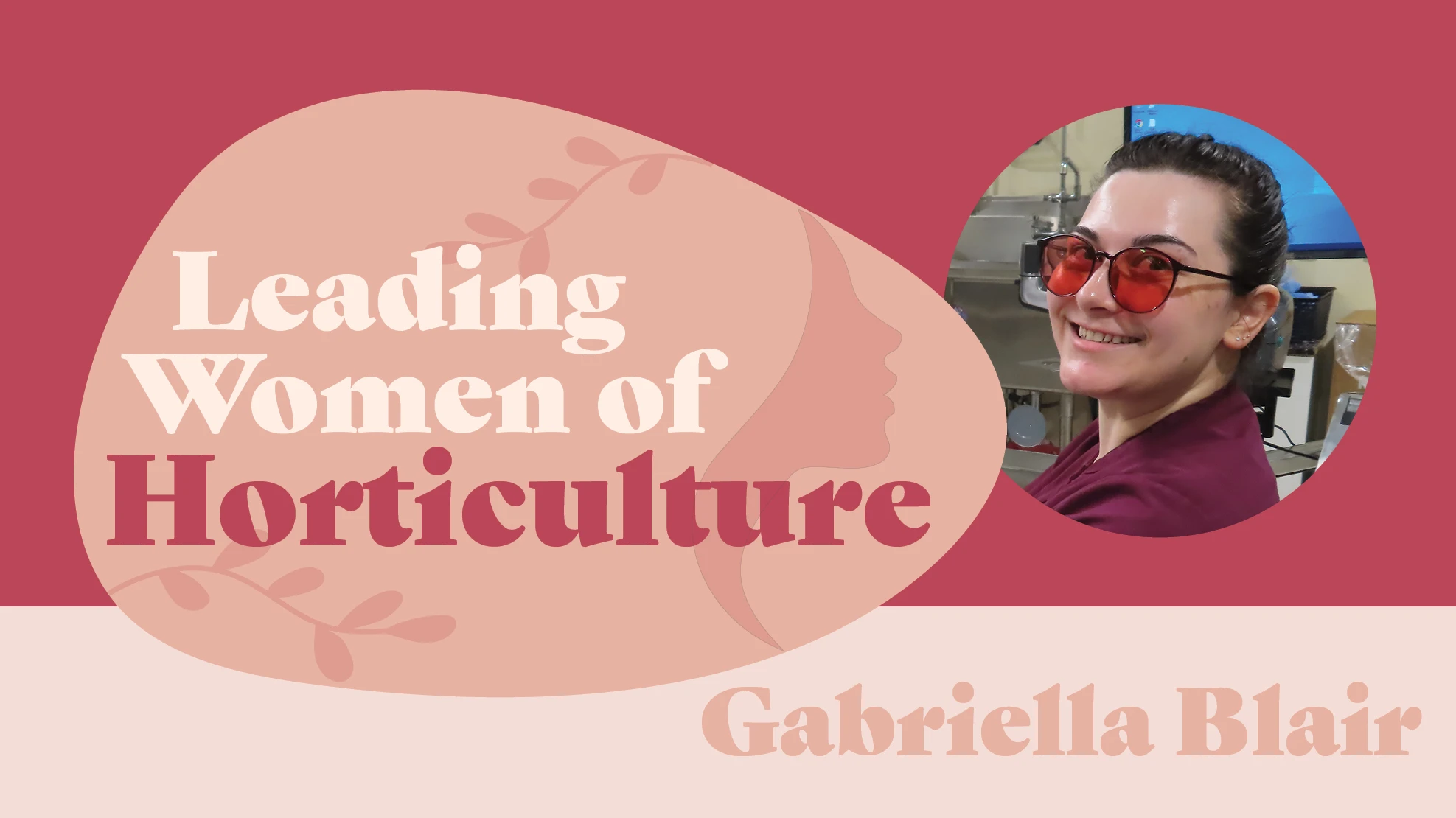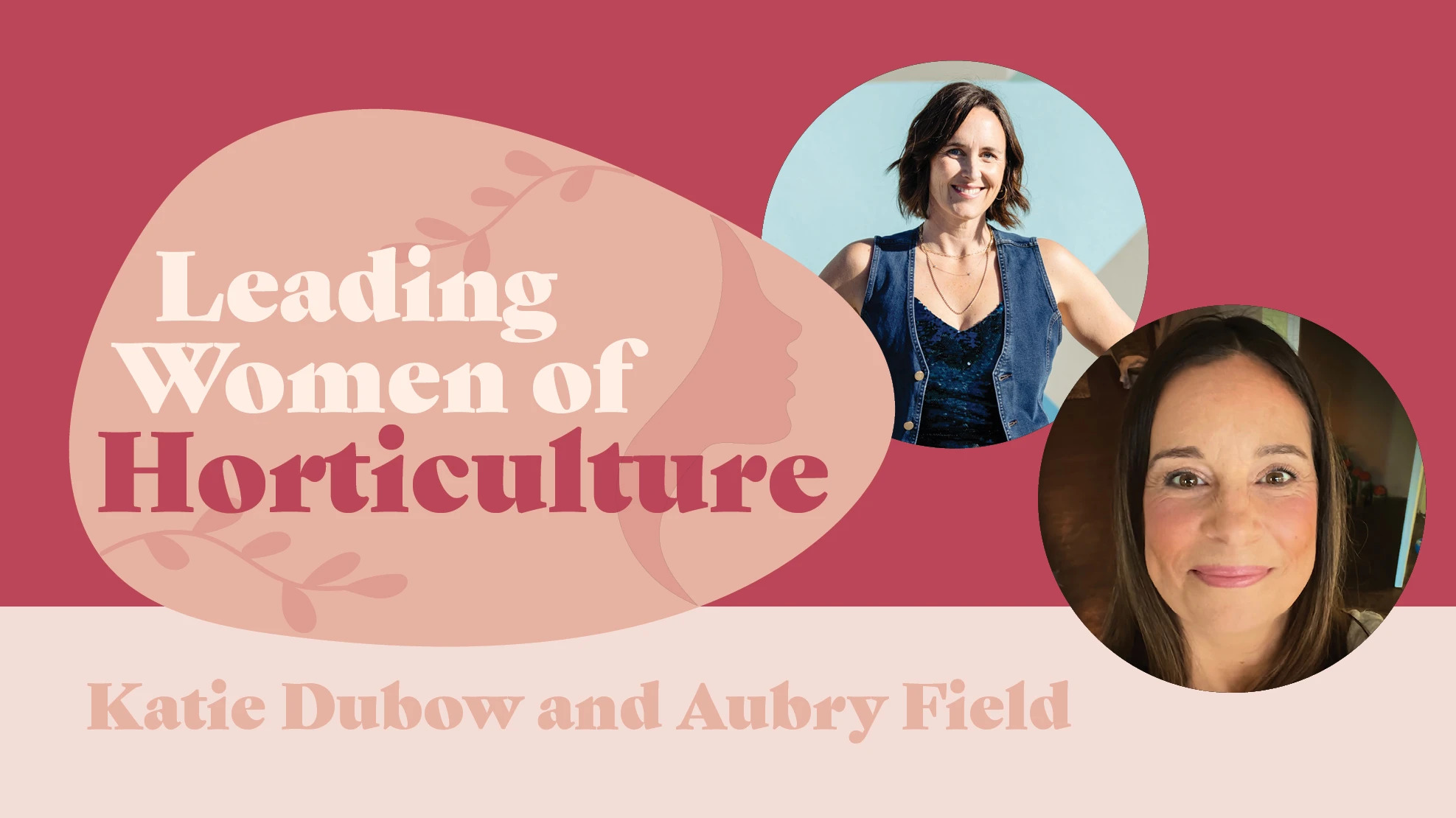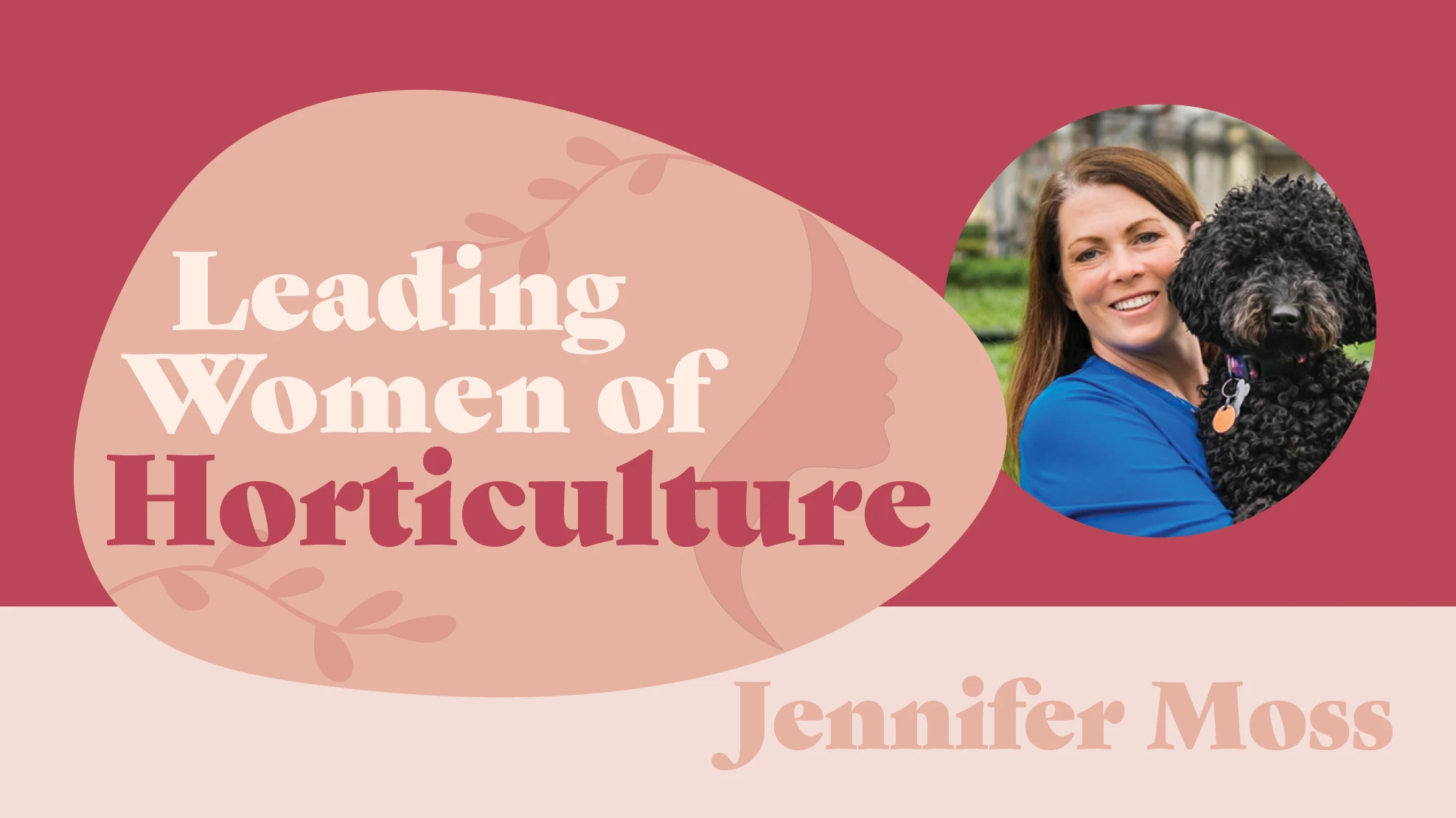
ADOBE STOCK

As organic choices become more prevalent on grocery store shelves and restaurant menus, consumers also expect more options for growing organic food at home. To fuel this rising interest in chemical-free edibles, gardeners are looking for natural fertilizers that provide a healthy boost of plant nutrients without the additives they’re trying to keep out of their diets and their gardens.
“With the newest generation (of gardeners), it started with vegetables, because people want their food products to be organic. That’s where the demand is coming from,” says Lockwood’s Garden Center Manager Teresa Buchanan, who has noticed a significant increase in demand for natural products at the Hamburg, N.Y. store. “If you’re growing a hanging basket, it doesn’t matter if you’re using a [conventional fertilizer] or an organic product. But when you’re fertilizing a citrus tree because you want to eat the lemons, [organic options are more important].”
Lockwood’s Garden Center started carrying organic fertilizers and other natural products about 10 years
As mainstream interest in organic gardening continues to rise, Buchanan sees a huge opportunity for other IGCs to reevaluate their fertilizer offerings to meet a growing demand for healthy gardens.
The organic difference

Lockwood’s employees help customers navigate the fertilizer section by asking what plants they’re trying to grow and what problems they’re having. For a more tailored diagnosis, IGCs like Peaceful Valley Farm & Garden Supply in Grass Valley, Calif., offer soil tests and consultations to inform customers about the exact balance of nitrogen, phosphorous and potassium (N-P-K) their plants need.
“Most of the time, the most important factor people are looking for in a fertilizer is the N-P-K, the
Because most organic fertilizers are bulkier and less concentrated than synthetic products, their N-P-K percentages are typically lower, and application rates are higher. Getting customers to grasp this key difference is one hurdle to selling organic fertilizers.
“You have to understand that organic fertilizers work differently than chemical fertilizers,” Griffin-Boubacar says. “[With] organic, you’re building soil health over time, so you might need more of the product in the beginning, but then as your soil health increases, you’ll need fewer inputs. It’s a completely different model that can be tough to explain to customers, so education is a big challenge that you have to overcome if you’re going to be
Peaceful Valley has offered organic products exclusively since it opened in 1976, so customers come seeking organic knowledge. Only one-third of Peaceful Valley’s sales come from its store; the majority of its business comes through website and catalog orders that are shipped across the country and to Guam and Puerto Rico.
“I get customers from the East Coast who are frantic because they have questions about organic fertilizers that no one, not even in their local ag extension office, can answer,” Griffin-Boubacar says. “So we try to have a wealth of knowledge on our website, groworganic.com, with a blog and how-to videos to educate our customers so they can make better choices.”
Although many common questions can be answered on the company’s website,
“Letting your staff use the products is key — even giving them a small budget so they can use the products,” says Griffin-Boubacar, “because that first-hand experience is so valuable to helping customers believe in your products.”
The biggest challenge and potential barrier to selling organic fertilizers is the price point, which makes customer education even more important. To prevent
A diet of seafood and fungi
From plant-based ingredients like alfalfa meal and cottonseed
Introduced this year, Pleasant Valley’s Myco Marine powdered fertilizer is a premium blend of ocean-based ingredients like fish meal, crustacean meal and kelp meal, enriched with beneficial mycorrhizal fungi.
“Those specific ingredients tend to stimulate the biology of the soil,” Griffin-Boubacar says, “and the more biological activity you have in the soil, the better organic fertilizers work.”
One of Lockwood’s most popular natural fertilizers — and Buchanan’s personal favorite — is a natural seaweed-based fertilizer. Lockwood’s also carries organic plant food that contains a blend of crab and lobster shells, worm castings, kelp meal
“We’re seeing a lot of new mycorrhizae fungal inoculants as well as bacterial inoculants coming into the market, more now than ever before,” Griffin-Boubacar says. “Consumers are recognizing the correlation between soil health and the quality of the produce that comes out of their garden.”

Judging products by the packaging
While an informed staff is essential to helping customers navigate fertilizer options, Buchanan also relies on good product packaging to educate.
“Because we don’t carry 10 different lines, it’s easy for customers to pick up a bag and read the label,” she says. “The Bumper Crop packaging is bright and colorful, and the directions are clear. The three-digit (N-P-K) analysis is really big, and we use that a lot to educate people.”
Lockwood’s used to
Testing is essential to determine your customers’ odor tolerance and other important factors.
“When you’re picking out products, you want the best product you can get, but you also need good merchandising,” Buchanan says. “I’ve tested out products that I wouldn’t buy because I couldn’t read the labels, couldn’t see the analysis, or didn’t understand the directions, and it’s difficult for people to figure that out on their own.”
“What’s nice about organic fertilizers is that you can look at the label and pronounce all of the ingredients,” Griffin-Boubacar says. While “natural” or “sustainable” ingredients are good enough for some customers, more people are looking for organic certifications, like the OMRI logo, to reassure them about the contents of each bag.
Make an organic commitment
Stocking natural and organic fertilizers is just one piece of the puzzle. If your IGC pledges to offer environmentally-friendly products, that promise should be visible in every product category.
All the products that Pleasant Valley sells must align with its mission statement: “We grow organically for a healthy and safe food supply, for a clean and sustainable environment, and for an enjoyable and rewarding experience.” A consistent, company-wide message like this is key to successfully selling any organic products.
“You have to make the commitment, and your staff has to be committed to selling these

Explore the July 2018 Issue
Check out more from this issue and find your next story to read.
Latest from Garden Center
- Brand Spotlight: Growing Sweet Success in Small Spaces with Butterfly Candy™ Buddleia
- Super Charged Moon Juice from Moon Valley Nurseries now available nationally
- 2025 Proven Winners Horticulture Scholarship applications now open
- Leading Women of Horticulture: Anna Ball, Ball Hort, and Terri McEnaney, Bailey Nurseries
- Dümmen Orange North America celebrating 25th anniversary in 2025
- Illinois Landscape Contractors Association changes name to Landscape Illinois
- Leading Women of Horticulture: Arden Pontasch, North Creek Nurseries
- Spring Meadow Nursery's Freedom Shelley finds joy in plants





